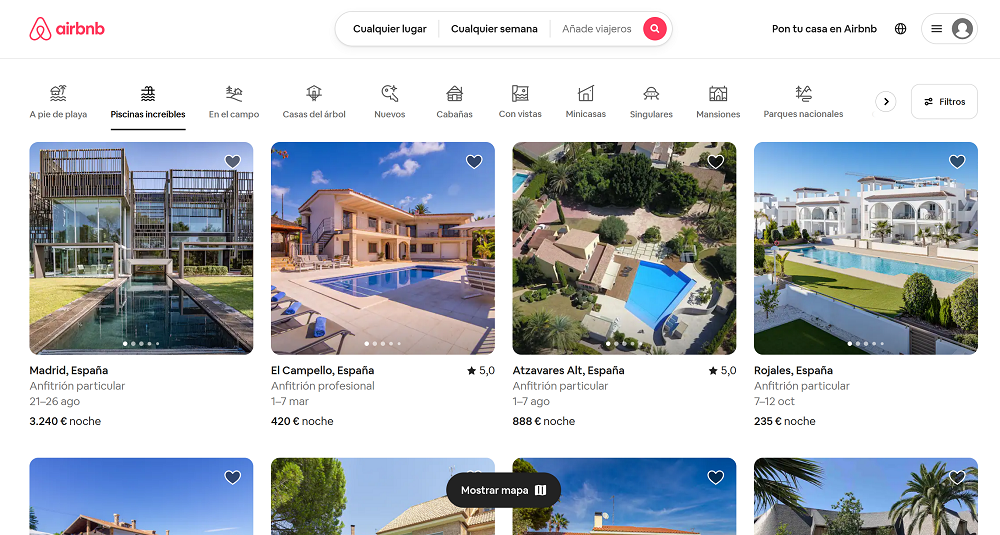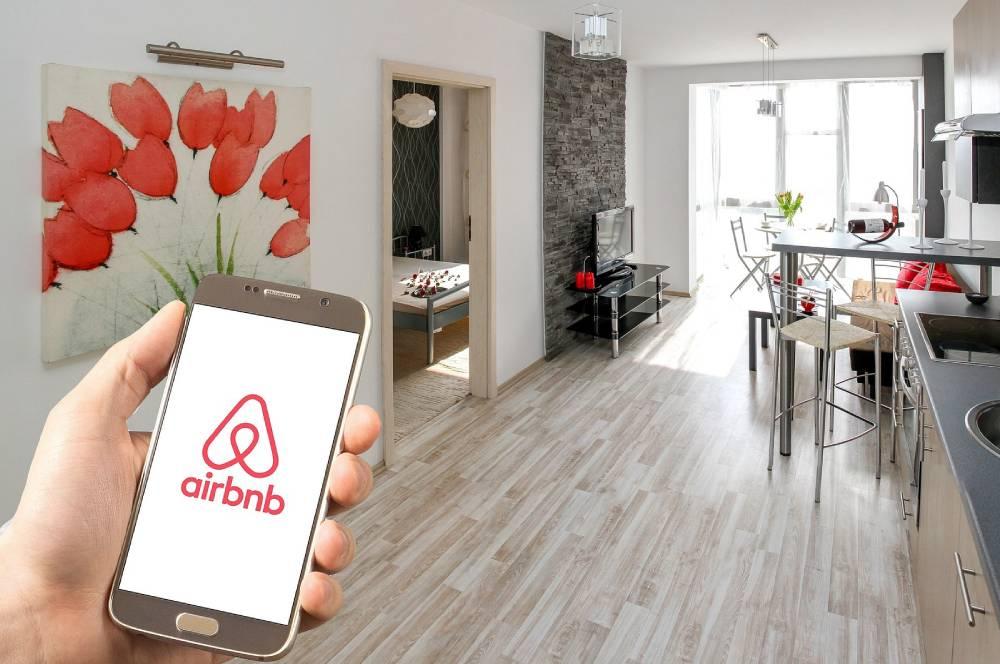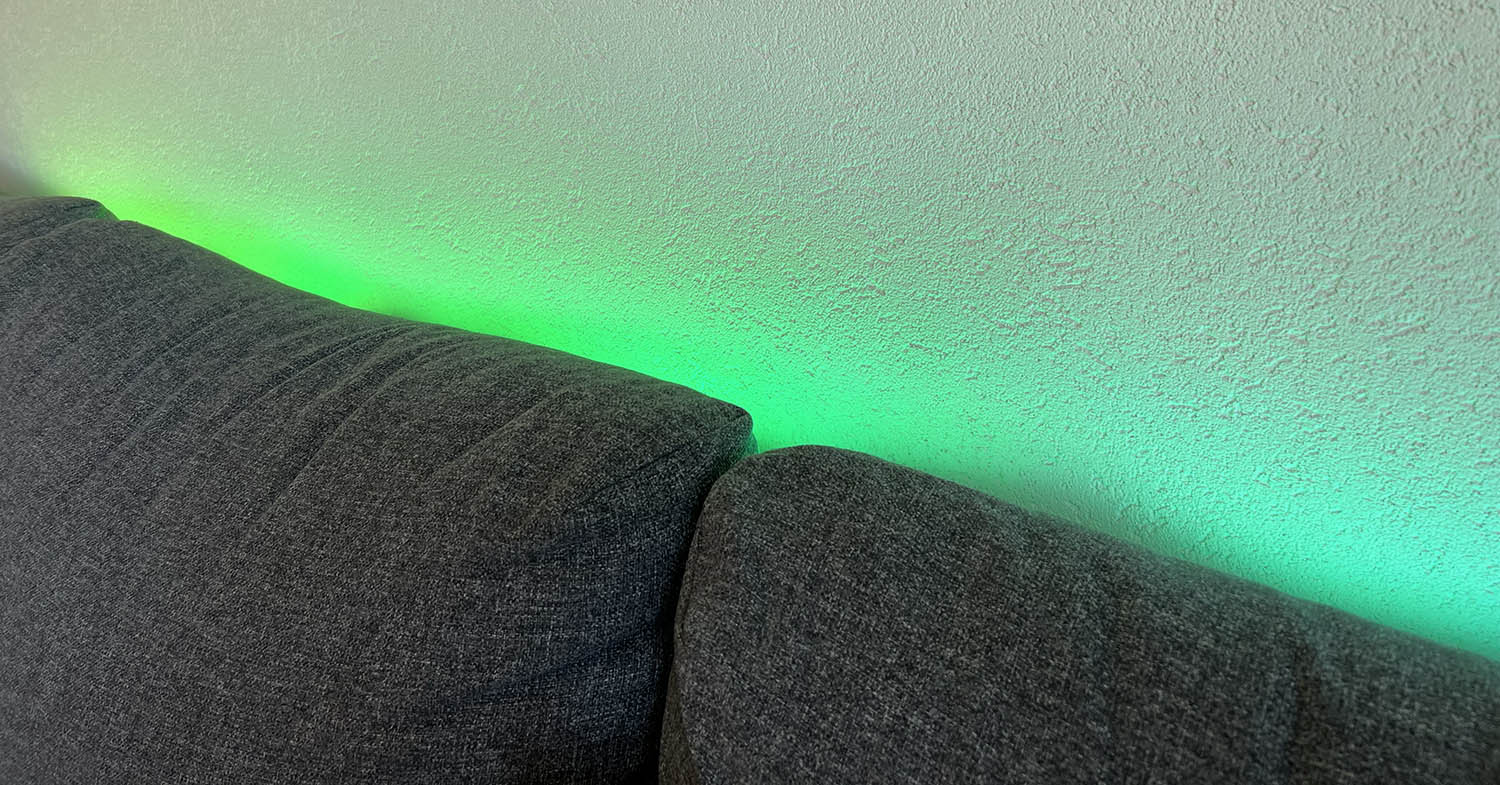Travel apps and platforms such as Airbnb, eDreams and Booking are rubbing their hands with anticipation for the summer season that has just started. Thousands of people will visit their websites to find the ideal accommodation for their next holiday. But scammers know that, despite the strong security measures imposed by these apps, they can always try to get something out of them when their operation is based, after all, on contact between individuals who are complete strangers to each other, that is, strangers.
If you want to avoid surprises this summer, you better stick to two main rules that Airbnb has passed on: never pay in advance, and never do so using methods outside the app itself. The issue of paying by another means or paying in advance is used in all apps where it can be exploited, such as Wallapop.
Some scammers will create fake profiles and post enticing photos of nice accommodations at good prices (here’s the first clue; anything that seems too good to be true often isn’t). From there, they’ll wait for someone interested to bite and, after gaining their trust with a friendly chat conversation, they’ll use any reason or argument to convince the person that they have to pay earlier than the app itself requires. It could be because, as they tell us, they have to confirm the reservation, or because there’s some kind of extra commission for a service that’s not included in the app. We shouldn’t believe any of this.
We must strictly limit ourselves to following the reservation protocol with which the application works. We should never make transfers through payment gateways other than the platform. In order to use Airbnb, we will have to connect a bank account, and it will be with this that the application will work, making the payments. collections upon formalizing the reservation, or refunding the due amount if something happens (always taking into account the limits of their policies). cancellation). You should never be fooled by a supposed host that asks you for an amount or payment before the app itself will process it on its own.
Airbnb has been introducing different payment methods, and now you can also use some types of vouchers or pay in installments. Keep in mind, again, that you will always have to apply and manage this from the official app, never from an external website to which a host redirects you.

If we stick to this behaviour, we will avoid a bad time on our holidays and, in addition to not staying, we will also lose our savings due to having been scammed. And this is not a ‘scary old lady’, considering that these types of companies have warned of a large increase in fake accounts that try to carry out scams on their platforms. This is the case of a Booking executive, who recently warned of an increase of almost 1000% in scams related to travel or tourism.
Only exceptions to external payment
Airbnb’s official website provides information on the only exceptions to the rule of not making transactions outside of its platform: “Certain payments are allowed to be made outside the platform only when Airbnb gives its prior permission and travelers are aware of it before making the reservation. This includes, among others: local or accommodation tax collections, “all-inclusive” rates in timeshares or vacation centers, deposits and additional commissions that must be paid for pets, valet parking, Wi-Fi, gym, breakfast, etc.,” the entity explains.

Therefore, we should find out before starting our trip whether the local government of the destination we are travelling to charges a tourist tax, and know exactly how much it is, so that neither the owner nor any establishment tries to charge more than necessary. The same applies if there is any other special circumstance for which we would have to pay more: we will have to know exactly how much must be paid and guarantee that the payment method will be official on the part of the establishment, or authorized by Airbnb.













